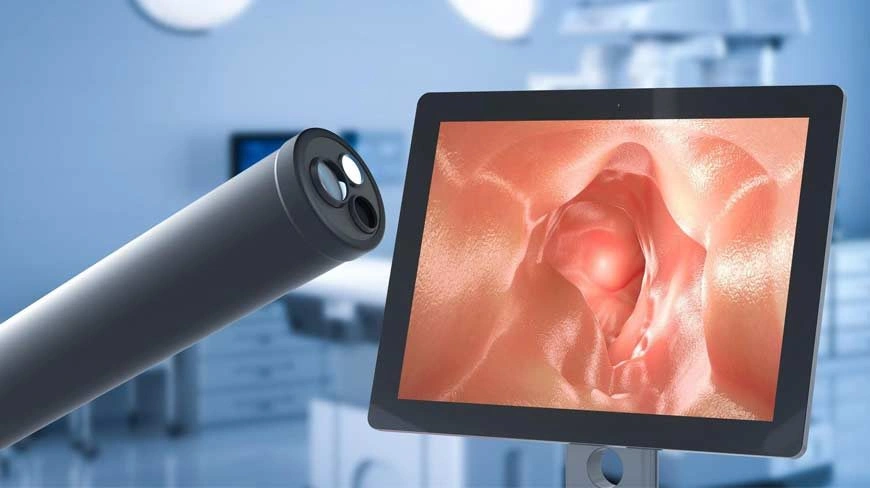Maintaining good health often involves proactive measures, and getting a colonoscopy is one such step that adults over 50 and health-conscious individuals may explore. A colonoscopy is a medical procedure that allows a physician to examine the large intestine (colon) using a flexible, camera-equipped tube. Beyond its technical elements, a colonoscopy serves multiple purposes in protecting and monitoring overall digestive health.
A Tool for Diagnosis
Colonoscopies occasionally act as an effective diagnostic tool for individuals experiencing certain gastrointestinal symptoms. If problems such as abdominal pain or irregular bowel movements persist, a colonoscopy can offer physicians a way to investigate. The camera used in this procedure provides an up-close view of the colon’s interior, enabling doctors to assess the lining of the large intestine and identify visible abnormalities.
Whether there is inflammation, ulcers, or narrowing of the intestines, a colonoscopy pinpoints potential issues that might be influencing symptoms. This knowledge helps the medical team determine the next steps, if needed, such as prescribing medication, adjusting diet plans, or exploring further treatments. While there are other diagnostic methods available, a colonoscopy offers a thoroughly visual approach to identifying gastrointestinal concerns.
A Method to Screen Conditions
Another reason to get a colonoscopy is its value as a screening procedure. For individuals looking to stay ahead of potential health risks, colonoscopies can detect polyps: small growths on the colon lining that may develop into something more significant. When addressed early, such findings might prevent complications later on.
This screening method is part of many preventive healthcare strategies, especially for adults over the age of 50. That said, a combination of family medical history and potential risk factors might prompt younger individuals to undergo the procedure as well. During a colonoscopy, if a polyp or similar area of concern is discovered, the medical professional often has the capability to remove it immediately. This aspect distinguishes the procedure as both diagnostic and interventional, reducing the need for additional appointments or delays.
A Life Saver at Any Age
While colonoscopies are widely associated with adults approaching midlife, they are relevant as a preventive measure across all demographics. A family history of certain conditions or persistent health issues may lead physicians to recommend the procedure earlier. This underscores the fact that a colonoscopy is not bound by age but by an individual’s unique health circumstances.
Regular screenings help individuals take charge of their well-being. People may be unaware that underlying colon issues do not always present clear or obvious symptoms. Detecting concerns early can often mean fewer complications down the line. Incorporating colonoscopies into a healthcare plan demonstrates a balanced approach to proactive health monitoring. Advances in medical technology have made the process of a colonoscopy more patient-friendly than it once was. With faster preparation methods and increasingly precise equipment, the overall experience has seen significant improvements.
Scheduling a Colonoscopy Appointment
Taking the step to have a colonoscopy aligns with a wider philosophy of maintaining one’s health through awareness and prevention. Whether it’s being used for diagnosis, screening, or as a proactive measure, this procedure can play a significant role in understanding and managing one’s digestive health. If you’ve reached the recommended age for regular screenings or are experiencing symptoms that warrant attention, discussing the option of a colonoscopy with a healthcare provider is a reasonable next step.
Read More: Omaha Seeya Wahyala: Hidden Secrets and Cultural Wonders







